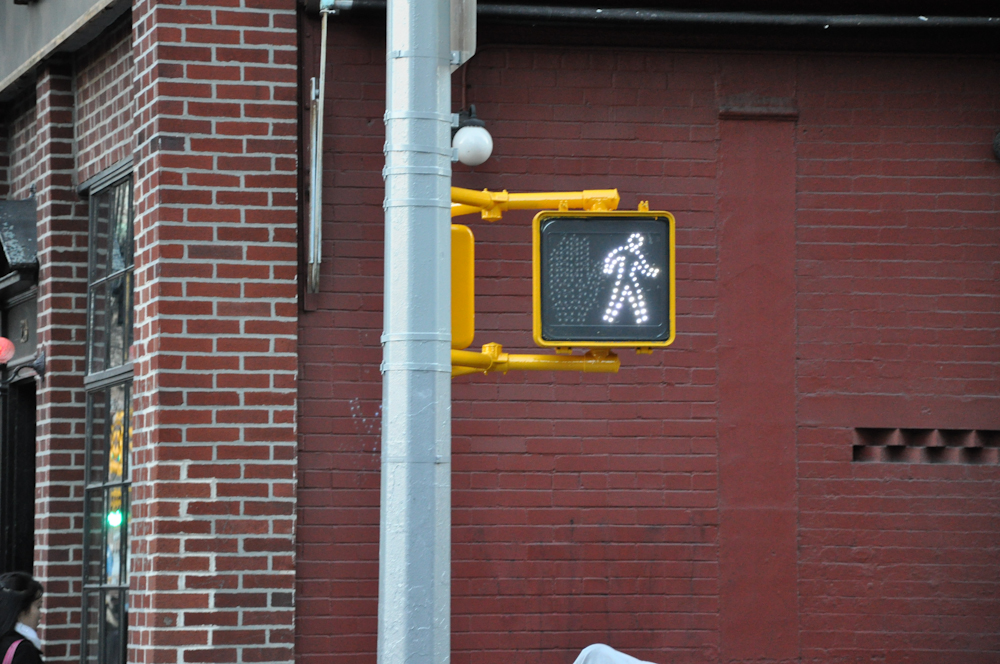Walking while black, in Jamaica vs. the US

Garnette Cadogan, an old-school flineur and essayist, wrote a fantastic piece describing the differences between walking while black in his home county of Jamaica, compared to New Orleans and New York City in the US.
As he notes, he developed his habit of late-night strolling as a tween in Jamaica of the 1980s, when the streets were wracked with violence, and you could "get killed if a political henchman thought you came from the wrong neighborhood, or even if you wore the wrong color". Yet he found it even more destabilizing to walk in US cities, where he was the subject to endless suspicion from other passersby and the police. He winds up finding it difficult to achieve precisely what city-walking is supposed to permit: That feeling of losing yourself in your surroundings.
There's so much great detail and nuanced observation in this piece, you should go read it all; but this passage near the end struck me as particularly deft. Cadogan talks about the randomness -- the capriciousness -- with which police or other people would suddenly threaten him in US cities, and how that's particularly psychologically wearing:
I realized that what I least liked about walking in New York City wasn't merely having to learn new rules of navigation and socialization-every city has its own. It was the arbitrariness of the circumstances that required them, an arbitrariness that made me feel like a child again, that infantilized me. When we first learn to walk, the world around us threatens to crash into us. Every step is risky. We train ourselves to walk without crashing by being attentive to our movements, and extra-attentive to the world around us. As adults we walk without thinking, really. But as a black adult I am often returned to that moment in childhood when I'm just learning to walk. I am once again on high alert, vigilant. [snip]Vice did a good interview with Cadogan here, talking about the essay and the response to it.Walking while black restricts the experience of walking, renders inaccessible the classic Romantic experience of walking alone. It forces me to be in constant relationship with others, unable to join the New York flaneurs I had read about and hoped to join. Instead of meandering aimlessly in the footsteps of Whitman, Melville, Kazin, and Vivian Gornick, more often, I felt that I was tiptoeing in Baldwin's-the Baldwin who wrote, way back in 1960, "Rare, indeed, is the Harlem citizen, from the most circumspect church member to the most shiftless adolescent, who does not have a long tale to tell of police incompetence, injustice, or brutality. I myself have witnessed and endured it more than once."
Walking as a black man has made me feel simultaneously more removed from the city, in my awareness that I am perceived as suspect, and more closely connected to it, in the full attentiveness demanded by my vigilance. It has made me walk more purposefully in the city, becoming part of its flow, rather than observing, standing apart.
(CC-licensed photo above is by Heath Brandon)